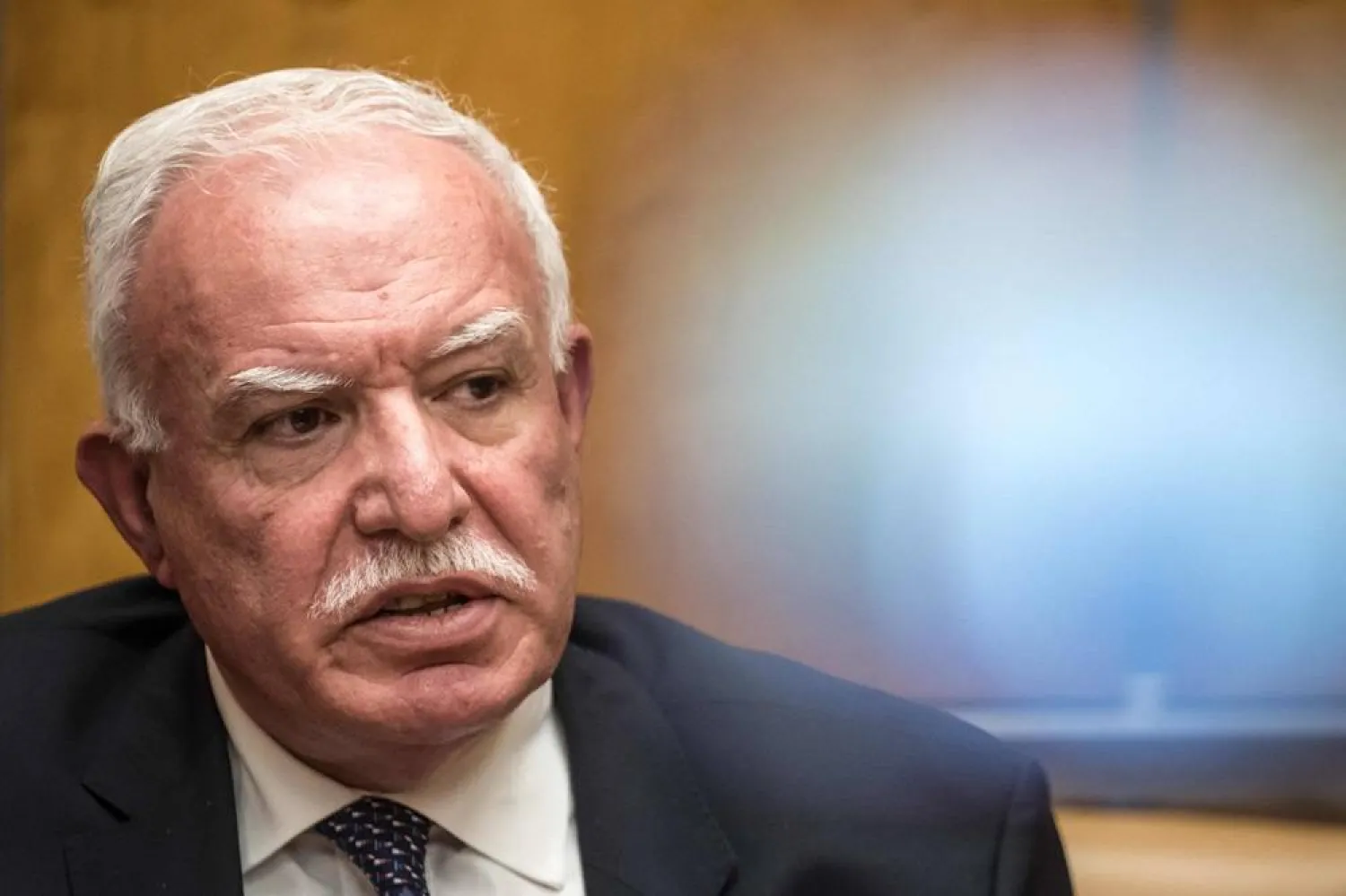Palestinian foreign minister Riyad al-Maliki said Wednesday he believes Hamas understands why it should not be part of a new government in the Palestinian territories.
Maliki told a press conference that a "technocratic" government was needed, without the group which is fighting a bitter war against Israel.
"The time now is not for a national coalition government," Maliki said.
"The time now is not for a government where Hamas will be part of it, because, in this case, then it will be boycotted by a number of countries, as happened before," he told the UN correspondents' association.
"We don't want to be in a situation like that. We want to be accepted and engaging fully with the international community," he explained.
Palestinian Prime Minister Mohammad Shtayyeh announced Monday the resignation of his government, which rules parts of the Israeli-occupied West Bank, citing the need for change after the Israel-Hamas war in Gaza ends.
A decree from Palestinian president Mahmoud Abbas said the government will stay on in an interim capacity until a new one is formed.
Maliki said the priority was engaging the international community on to help provide emergency relief to Palestinians, and then looking at how Gaza could be reconstructed.
"Later, when the situation is right, then we could contemplate that option. But what comes first is how to salvage the situation. How to salvage innocent Palestinian lives. How to stop this insane war and how to be able to protect Palestinian people," he said.
"That's why I think Hamas should understand this, and I do believe that they are in support of the idea to establish, today, a technocratic government.
"A government that is based on experts, individuals who are completely committed to take up the reins and the responsibility for this period -- a difficult one -- and to move the whole country into a period of transition into a stable kind of situation where, at the end, we might be able to think about elections.
"And after elections, the outcome of the elections will determine the type of government that will govern the state of Palestine later."
Maliki is in Geneva to attend the United Nations Human Rights Council.
The war in Gaza began after the Hamas militant group that controls the Palestinian territory launched an attack on October 7 that killed about 1,160 people in Israel, mostly civilians, according to an AFP tally of Israeli figures.
Hamas militants also took hostages, 130 of whom remain in Gaza.
Israel's retaliatory bombardment and ground offensive in Gaza have killed at least 29,954 people, most of them women and children, according to the territory's Hamas-run health ministry.









